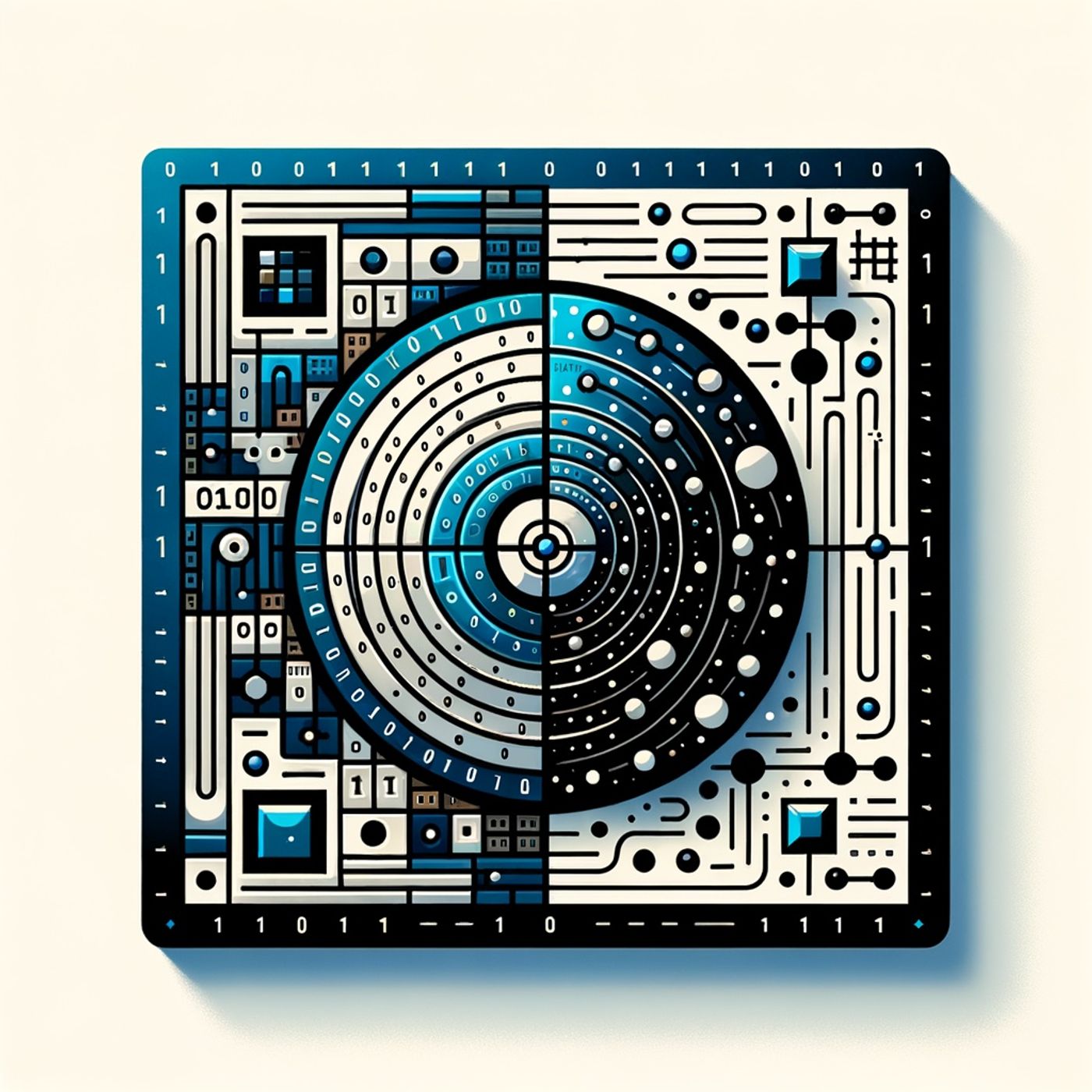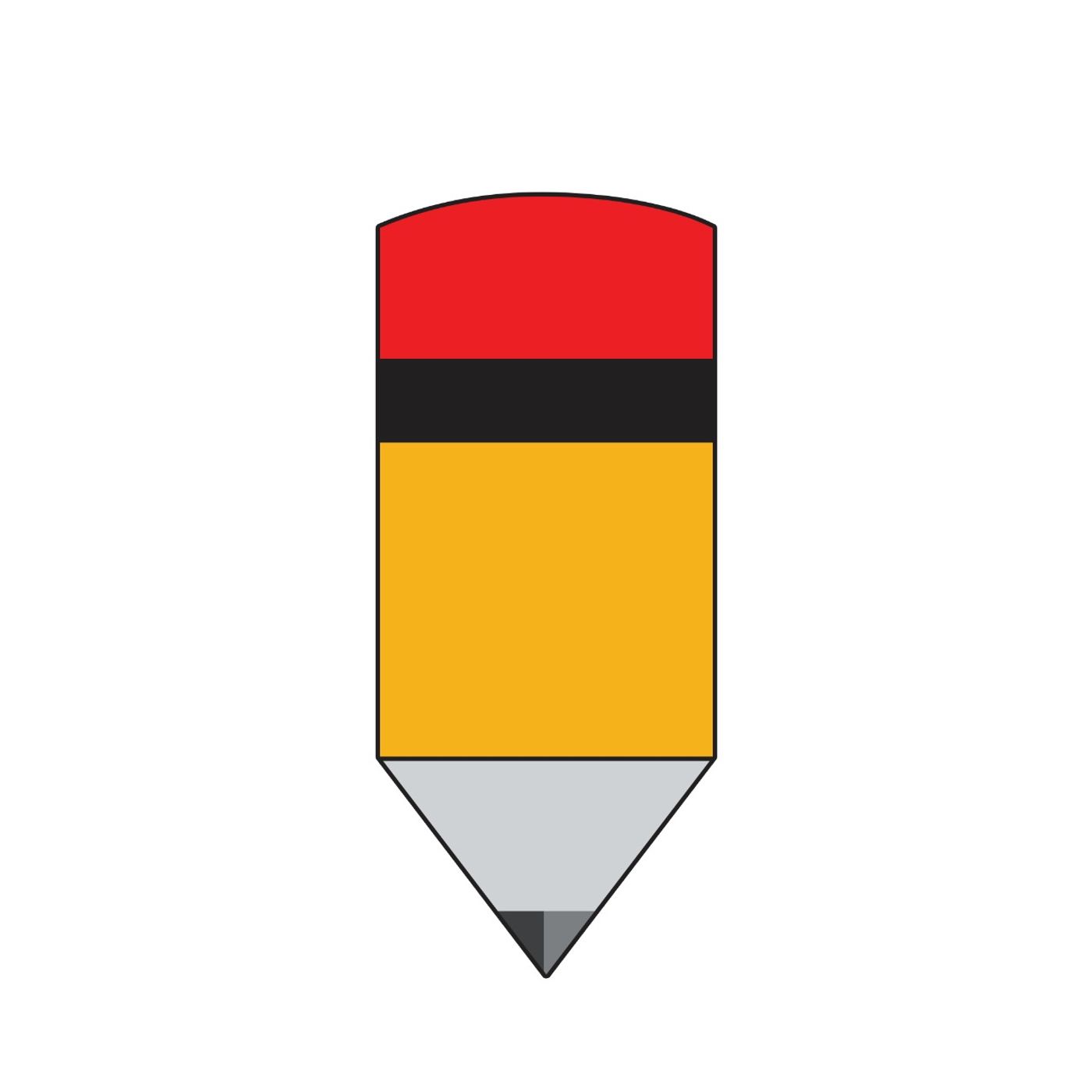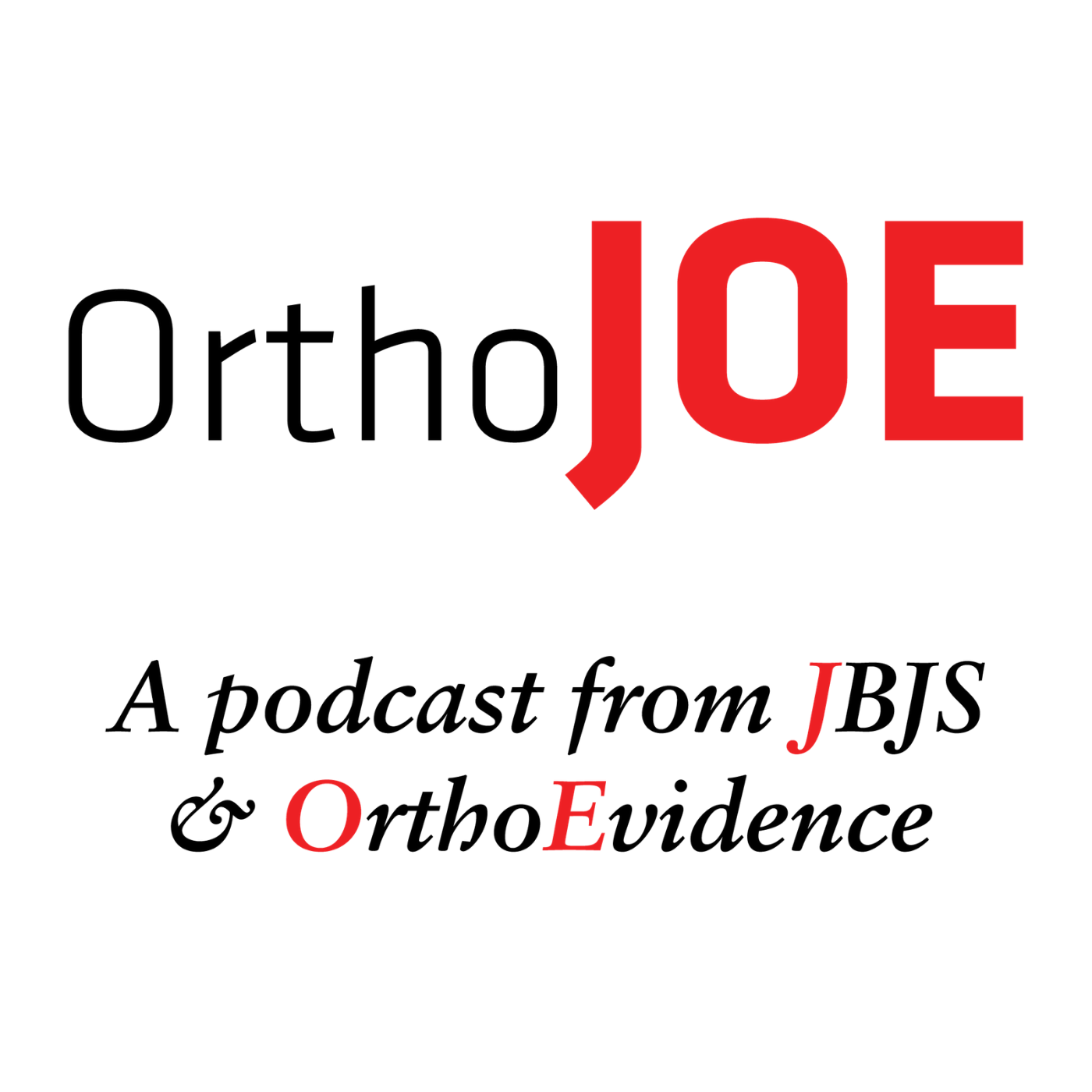Quantum Bits: Beginner's Guide: Quantum Gossip: Willow's 5-Minute Miracle, Everyday Atomic Sensing, and the Classical Comeback
Update: 2024-12-24
Description
This is your Quantum Bits: Beginner's Guide podcast.
Hey there, I'm Leo, your Learning Enhanced Operator, here to dive into the fascinating world of quantum computing. Let's get straight to it.
Quantum computing is all about harnessing the power of quantum mechanics to perform computations that are fundamentally different from classical computers. Unlike traditional bits that can only be 0 or 1, quantum bits, or qubits, can exist in superposition, meaning they can be both 0 and 1 at the same time. This unique property allows quantum computers to process many possibilities simultaneously, exponentially increasing their theoretical computing power.
But how does this work in real-world applications? Let's look at some recent success stories. For instance, Google's new quantum computing chip, Willow, has shown astonishing performance. It can perform a computation in under five minutes that would take one of today's fastest supercomputers 10 septillion years[3]. That's several billion times longer than the age of the universe!
In the field of medicine, quantum computing is making waves. It can help researchers create simulations of patient outcomes before clinical trials, making them more effective. Quantum computing can also work through processes with more variables than classical computing, making it more effective at creating subgroups of patients and choosing patients for clinical trials[4].
But what about everyday users? How does quantum computing benefit them? Well, quantum sensing is another application that's gaining traction. It allows for the detection of changes and collection of data at an atomic or subatomic level. This can be used in fields like navigation, medical imaging, and scientific research[1].
Now, you might be wondering how quantum solutions differ from traditional computing. The key lies in the use of qubits and quantum algorithms. Quantum algorithms can take advantage of superposition, entanglement, and other features that are not possible in classical computing. This allows quantum computers to perform certain calculations exponentially more quickly than classical computers[5].
Researchers like Dries Sels and Joseph Tindall at New York University have shown that classical computers can be reconfigured to perform faster and more accurate calculations than state-of-the-art quantum computers in certain situations. However, this doesn't diminish the potential of quantum computing. Instead, it highlights the importance of exploring both classical and quantum approaches to improve computations[2].
In conclusion, quantum computing is not just a theoretical concept; it's a practical tool that's already showing its benefits in various fields. From medicine to navigation, quantum computing is set to transform the way we solve complex problems. So, stay tuned, because the future of quantum computing is filled with boundless possibilities. That's all for today, folks. Keep exploring, and I'll catch you in the next quantum leap.
For more http://www.quietplease.ai
Get the best deals https://amzn.to/3ODvOta
Hey there, I'm Leo, your Learning Enhanced Operator, here to dive into the fascinating world of quantum computing. Let's get straight to it.
Quantum computing is all about harnessing the power of quantum mechanics to perform computations that are fundamentally different from classical computers. Unlike traditional bits that can only be 0 or 1, quantum bits, or qubits, can exist in superposition, meaning they can be both 0 and 1 at the same time. This unique property allows quantum computers to process many possibilities simultaneously, exponentially increasing their theoretical computing power.
But how does this work in real-world applications? Let's look at some recent success stories. For instance, Google's new quantum computing chip, Willow, has shown astonishing performance. It can perform a computation in under five minutes that would take one of today's fastest supercomputers 10 septillion years[3]. That's several billion times longer than the age of the universe!
In the field of medicine, quantum computing is making waves. It can help researchers create simulations of patient outcomes before clinical trials, making them more effective. Quantum computing can also work through processes with more variables than classical computing, making it more effective at creating subgroups of patients and choosing patients for clinical trials[4].
But what about everyday users? How does quantum computing benefit them? Well, quantum sensing is another application that's gaining traction. It allows for the detection of changes and collection of data at an atomic or subatomic level. This can be used in fields like navigation, medical imaging, and scientific research[1].
Now, you might be wondering how quantum solutions differ from traditional computing. The key lies in the use of qubits and quantum algorithms. Quantum algorithms can take advantage of superposition, entanglement, and other features that are not possible in classical computing. This allows quantum computers to perform certain calculations exponentially more quickly than classical computers[5].
Researchers like Dries Sels and Joseph Tindall at New York University have shown that classical computers can be reconfigured to perform faster and more accurate calculations than state-of-the-art quantum computers in certain situations. However, this doesn't diminish the potential of quantum computing. Instead, it highlights the importance of exploring both classical and quantum approaches to improve computations[2].
In conclusion, quantum computing is not just a theoretical concept; it's a practical tool that's already showing its benefits in various fields. From medicine to navigation, quantum computing is set to transform the way we solve complex problems. So, stay tuned, because the future of quantum computing is filled with boundless possibilities. That's all for today, folks. Keep exploring, and I'll catch you in the next quantum leap.
For more http://www.quietplease.ai
Get the best deals https://amzn.to/3ODvOta
Episode: https://www.spreaker.com/episode/quantum-gossip-willow-s-5-minute-miracle-everyday-atomic-sensing-and-the-classical-comeback--63464980
Podcast: https://www.spreaker.com/podcast/quantum-bits-beginner-s-guide--6443896
Comments
Top Podcasts
The Best New Comedy Podcast Right Now – June 2024The Best News Podcast Right Now – June 2024The Best New Business Podcast Right Now – June 2024The Best New Sports Podcast Right Now – June 2024The Best New True Crime Podcast Right Now – June 2024The Best New Joe Rogan Experience Podcast Right Now – June 20The Best New Dan Bongino Show Podcast Right Now – June 20The Best New Mark Levin Podcast – June 2024
In Channel























